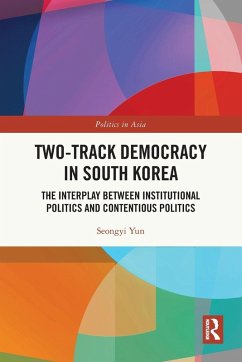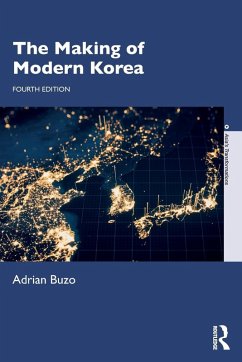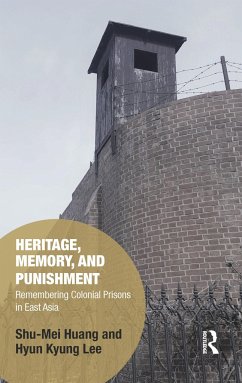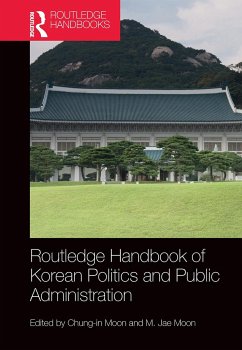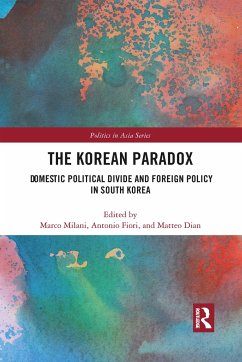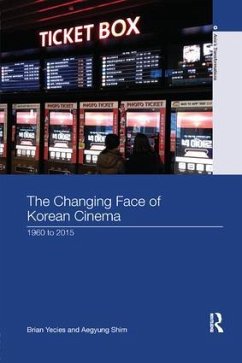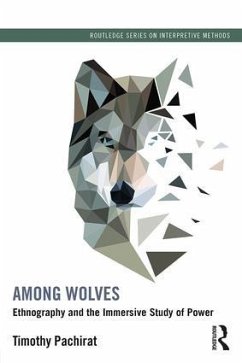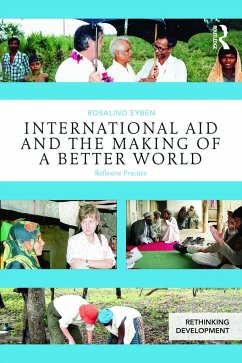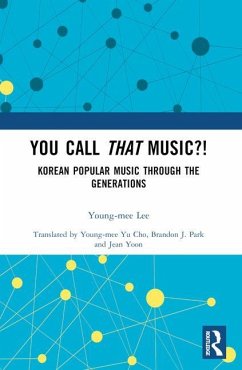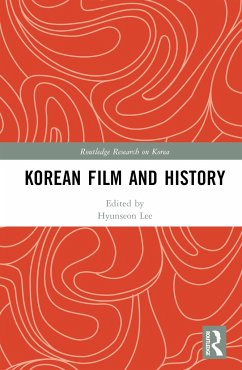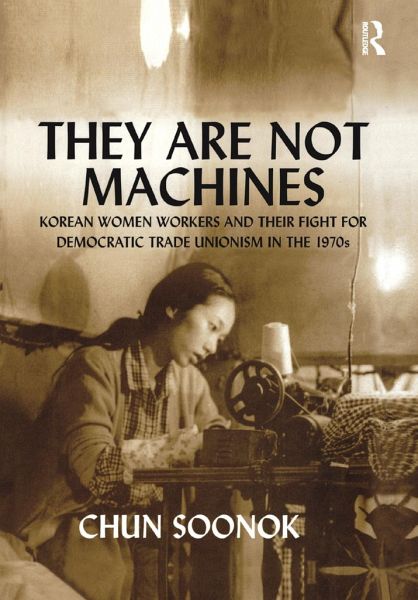
They Are Not Machines
Korean Women Workers and their Fight for Democratic Trade Unionism in the 1970s
Versandkostenfrei!
Versandfertig in 6-10 Tagen
51,99 €
inkl. MwSt.
Weitere Ausgaben:

PAYBACK Punkte
26 °P sammeln!
The multi-faceted tensions created in developing countries between a burgeoning popular desire for democracy and the harsh imperatives of modernisation and industrialisation are nowhere more evident than in the so-called 'Asian tiger' nations. Of all those nascent economies, South Korea in the 1960s and 1970s stands pre-eminent for the magnitude and speed of its development and the extraordinarily oppressive and inhumane conditions that its labour force, mainly women and young girls, were compelled to endure. The author of this book was one of those young girls who suffered in the warren of sw...
The multi-faceted tensions created in developing countries between a burgeoning popular desire for democracy and the harsh imperatives of modernisation and industrialisation are nowhere more evident than in the so-called 'Asian tiger' nations. Of all those nascent economies, South Korea in the 1960s and 1970s stands pre-eminent for the magnitude and speed of its development and the extraordinarily oppressive and inhumane conditions that its labour force, mainly women and young girls, were compelled to endure. The author of this book was one of those young girls who suffered in the warren of sweat-shop garment factories in the slums of central Seoul. With little or no support from male co-workers, and despite their political naivety and the traditionally subordinate status of Korean females, the women textile and garment workers confronted the ruling authority at all levels. The author's mother was one of their leaders, and her eldest brother sacrificed his life for their cause. Despite appalling state-directed violence, betrayal by erstwhile colleagues, the chicanery and mendacity of employers' cooperatives and countless other setbacks, these uneducated and overworked women finally succeeded in forming the first fully democratic trade union in the history of Korea. Based on compelling personal accounts this is the first published account of the women's struggle, and it throws much light on the process of modernisation and industrialisation in Korea and beyond.




